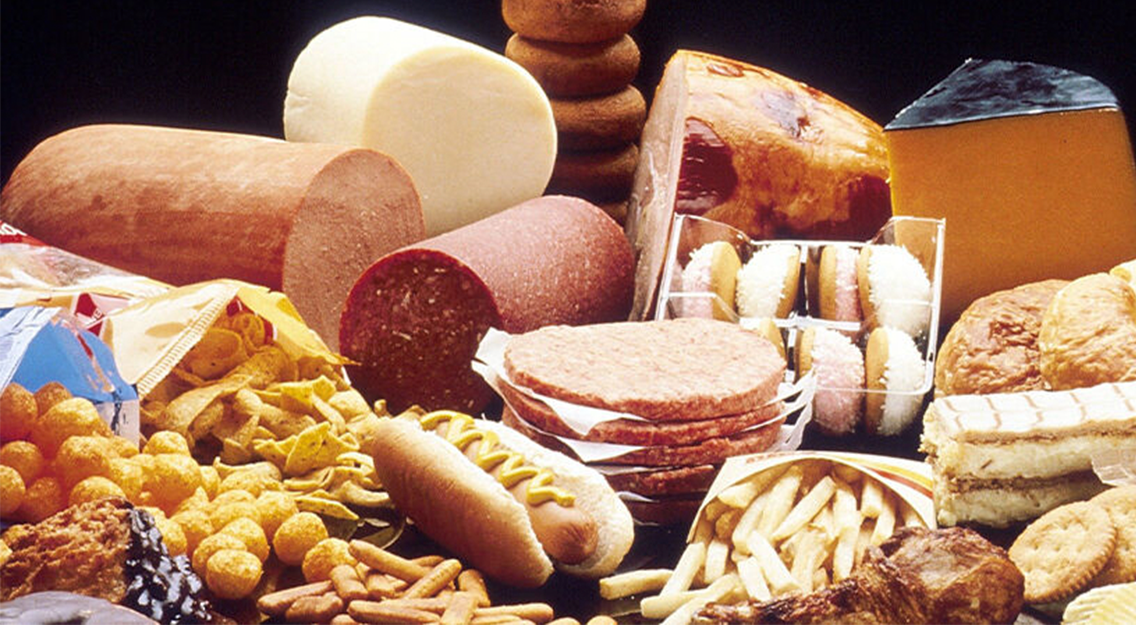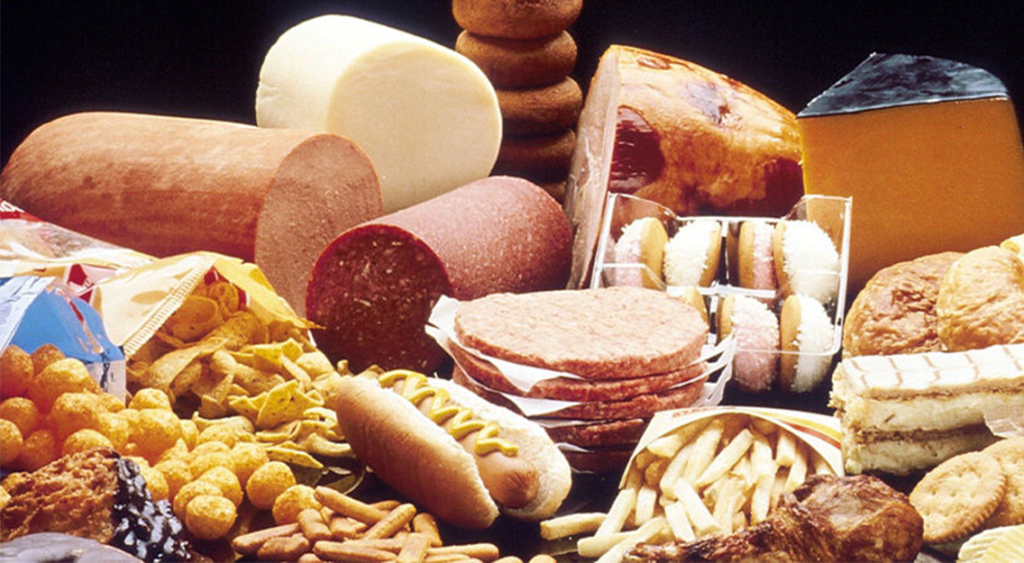
Image: Pixabay
A new report says younger consumers are losing their fear of getting fat, the Food Business News on November 17th.
New Nutrition Business' five-year study found that younger consumers were more open to the idea that fat is okay, with a greater number of them seeking to eat healthier fats compared to older consumers.
In the 35-44 age group, 34% said they would like to eat more fat, along with 33% of consumers ages 25-34 and 30% of consumers ages 18-24.
This compared to 24% from consumers aged 45-54 and 23% from those aged 55-64. Older age groups were more likely to remember the “low-fat is best” mantra.
“When people discover fat, there is a big difference in taste,” said New Nutrition Business director Julian Mellentin.
“Fat is a friend to product developers, improving texture, mouthfeel, structure and moisture content. Across all categories, as time goes on, there will be fewer reasons to produce low-fat products. The challenge for companies is to ensure they use good quality fats where they can point to a good, natural source. ”
{module Form RD}
The decline in fear of fat was beginning to reshape categories, with brands benefiting from changing consumer sentiment, he added.
Butter sales have been growing for several years, driven by taste and all-natural claims, Mellentin said.
General Mills was, for example, introducing Americans to crème fraiche with its Oui layered desserts in its Yoplait line. High-fat dairy treatment was traditionally used in French desserts and cooking and was typically 30% -45% milk fat.
The growing acceptance of fat was driven in part by the emergence of carbohydrates and sugars as the new dietary dangers, the study said.
In the US, just 16% of respondents said fat is the nutrient most likely to cause weight gain, compared to 48% who blame carbohydrates and sugars.
The numbers were a reversal from a decade ago, when 70% of Americans said they were trying to reduce their fat intake.
Meanwhile, official dietary guidelines in almost all countries still ask consumers to limit their intake of saturated fats, Mellentin said.
“But an increasing number of consumers are making up their minds and embracing the idea that fat can be good.”
This text was automatically translated from English.
Source: OFI International













